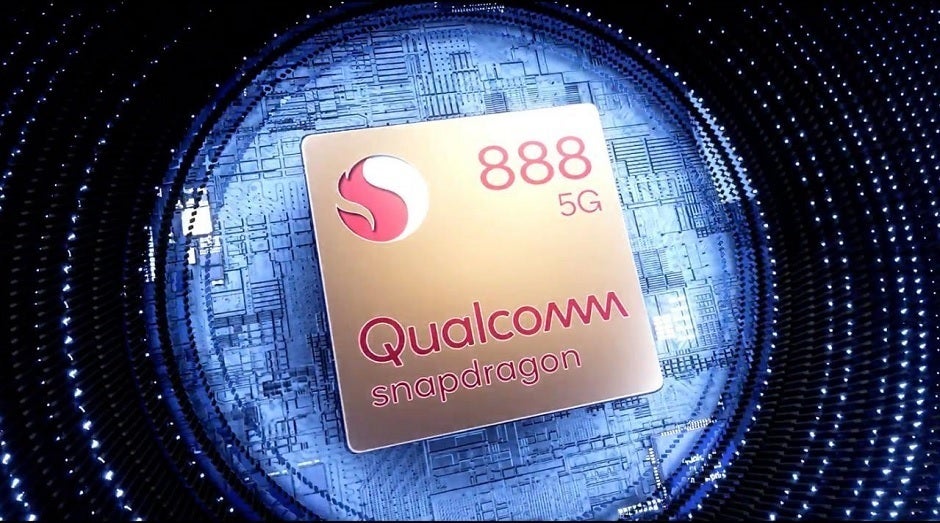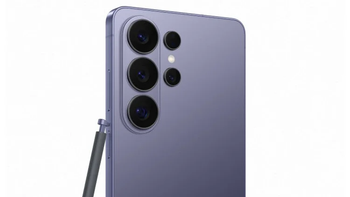TSMC 5nm and 3nm chip production reportedly all booked up

Foundry TSMC has become the most valuable publicly-traded company in Asia, topping tech conglomerate Tencent. And here's one of the reasons why TSMC is red hot: ITHome (via Wccftech) says that the company's 5nm assembly lines are completely booked up and are running at full capacity. And a new report says that TSMC's 3nm production is fully booked as well.
Thanks to the chip shortage, TSMC has had to give priority treatment to its most lucrative customers such as Apple, which reportedly placed an order with the foundry for 100 million A15 Bionic chipsets. These chips will be manufactured using the N5P node which is an enhanced version of the 5nm node used to build the A14 Bionic chipsets that power the iPhone 12 series.
TSMC's 5nm and 3nm production is believed to be sold out
The lower the process node, the higher the number of transistors that can be used in a chip. The higher the number of transistors, the more powerful and energy-efficient a chip is. According to Moore's Law, named for an observation made by Intel co-founder Gordon Moore in 1965 and revised in the 1970s, the number of transistors that fit into a square mm should double every other year bringing down the process node at the same time.

The 5nm Snapdragon 888 SoC which powers flagship Android phones, is manufactured by Samsung
TSMC is reportedly working hard to produce 2022's 3nm A16 Bionic chip for the iPhone 14 line by the second half of that year. Manufacturers not able to book orders with TSMC might have to consider working with Samsung Foundry. According to so-called experts, Samsung's technology is inferior to TSMC's, but companies like Qualcomm, which is using Samsung to manufacture the Snapdragon 888 SoC, might have no opportunity to book orders with TSMC.
If there are any openings at TSMC by late 2022, there is talk of Qualcomm switching to the foundry to produce the Snapdragon 898 Plus chipset using the 4nm process node. Currently, Samsung produces the Qualcomm Snapdragon 888 chipset using a 5nm process.
Both TSMC and Samsung have said that they have roadmaps down to 2nm and last May, IBM manufactured the first 2nm chip. Using the Gate-All-Around (GAA) architecture, IBM will be able "to fit 50 billion transistors in a space roughly the size of a fingernail."
IBM says, "Put in perspective, 2nm processors used in cell phones could quadruple the battery life of cell phones using 7nm process technology, such as the iPhone 11, Samsung Galaxy S10 and Google Pixel 5. Based on average use, this means the phone would only need to be charged once every four days." The company really doesn't have much of a presence in the smartphone industry.
To show you how the number of transistors inside Apple's chips has risen over the years, let's start with 2014's A8 which carried 2 billion transistors and was made using the 20nm process node for the iPhone 6 series. Two years later, the A10 Fusion, built using TSMC's 16nm process node, was equipped with 3.28 billion transistors and was used with the iPhone 7 and iPhone 7 Plus.
The M1 is Apple's most power chip currently in use with 16 billion transistors inside
The 2019 A13 Bionic was produced using TSMC's 7nm process node and had 8.5 billion transistors inside. This chip was the one used on the iPhone 11 line. And we can't forget the currently used A14 Bionic, the first 5nm chip used on an iPhone. With 11.8 billion transistors, this chipset had the power to run the first iOS handsets to support 5G connectivity.
And while it hasn't been used on an iPhone yet, the M1 chipset is another 5nm component for the iPad Pro (2021) and certain Mac models with a whopping 16 billion transistors inside. Again, the more transistors found in a chip, the more powerful and energy-efficient that chip is.
Follow us on Google News













Things that are NOT allowed:
To help keep our community safe and free from spam, we apply temporary limits to newly created accounts: